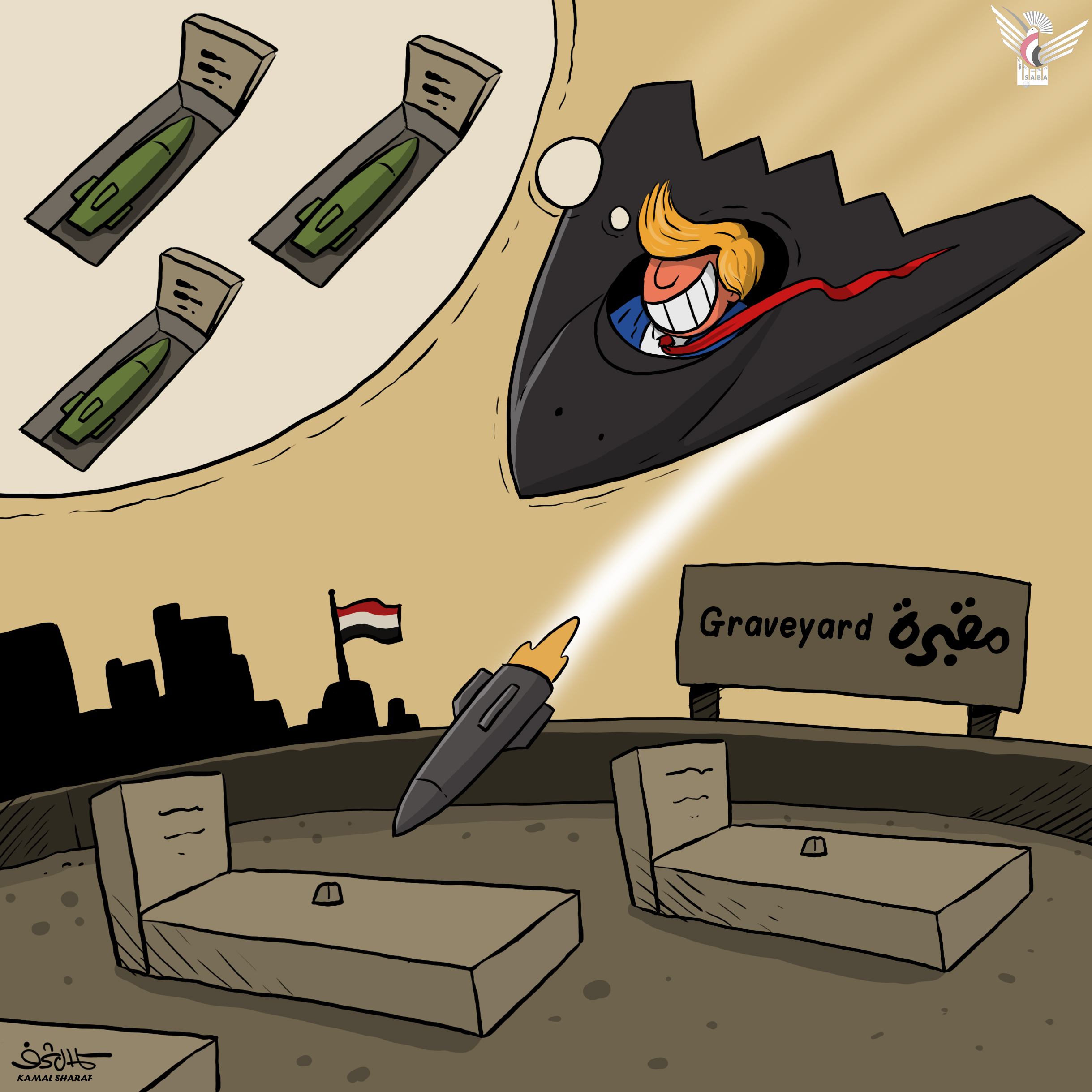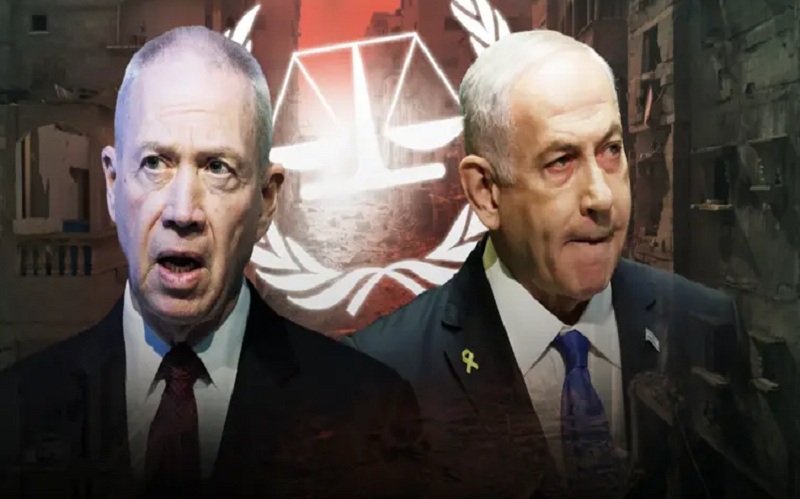Sana'a - Saba:
International reactions continue to emerge following the International Criminal Court's (ICC) issuance of arrest warrants on Thursday for Israeli Prime Minister Benjamin Netanyahu and former Defense Minister Yoav Gallant, charging them with war crimes and crimes against humanity.
Key European nations, UN figures, and human rights organizations have swiftly embraced the ICC's decision, signaling their readiness to act on the warrants for Netanyahu and Gallant. These charges relate to alleged war crimes during the genocidal war on Gaza.
The Netherlands was the first to express its support and readiness to enforce the decision. Meanwhile, Belgium urged European nations to adhere to the ruling, and France's stance was ambiguous, as it declined to clarify whether it would detain Netanyahu if he entered French territory.
Global and Arab Reactions
While the ICC’s decision was met with angry Israeli responses and significant U.S. criticism, Palestinian territories welcomed it as "courageous," deeming it "a victory for international justice and human rights."
Jordan: Jordanian Foreign Minister Ayman Safadi stated that ICC decisions must be "enforced and respected," asserting that Palestinians deserve justice.
Algeria: The Algerian Foreign Ministry praised the ICC’s decision, describing it as a significant step toward ending decades of impunity for the Israeli entity. It called the decision a tangible advancement in pursuing international justice and accountability for crimes against humanity. Algeria also urged the international community to take necessary measures to implement the arrest warrants.
Iraq: Iraq commended the ICC’s decision, describing it as "brave, fair, and historic," underscoring that justice and truth ultimately prevail over oppression.
Netherlands: Dutch Foreign Minister Kasper Veldkamp reaffirmed his country’s readiness to implement the ICC’s orders.
Belgium: Deputy Prime Minister Petra De Sutter supported the warrants, urging European Union states to comply, enforce sanctions, suspend partnership agreements with Israel, and back the ICC’s rulings.
France: France maintained a vague position, with a Foreign Ministry spokesperson stating that Paris’s response would align with ICC principles, emphasizing the court’s role in global stability and independence. However, they declined to comment on whether France would arrest Netanyahu if he entered French territory, citing "legal complexity."
Ireland: Irish Foreign Minister Michael Martin emphasized the need to respect the ICC’s independence and integrity and cautioned against any attempts to undermine it.
A spokesman for the British prime minister stressed that Britain respects the independence of the International Criminal Court.
Sweden: Swedish Foreign Minister Maria Malmer Stenergard reaffirmed her country's and the EU’s support for the ICC’s mission, emphasizing the importance of safeguarding its independence and integrity.
Norway: Foreign Minister Espen Barth Eide called for wise implementation of the ICC’s mandate and expressed confidence in the court’s adherence to high standards of fair trials.
Italy: Italian Foreign Minister Antonio Tajani announced plans to coordinate with allies on interpreting the decision and taking collective action. Defense Minister Guido Crosetto noted that while the ICC may be mistaken, Italy would be compelled to arrest Netanyahu should he visit.
EU: High Representative for Foreign Affairs Josep Borrell underscored that the ICC’s decision is binding and must be respected and enforced by all states and court partners.
Canada: Prime Minister Justin Trudeau affirmed the importance of upholding international law, pledging Canada’s adherence to ICC rulings.
Broader International Stance
South Africa: The South African government viewed the ICC’s warrants as a crucial step toward justice, reaffirming its commitment to international law.
UN Experts: Francesca Albanese, UN Special Rapporteur on Human Rights in the Palestinian Territories, urged states to honor the ICC’s decisions and emphasized the importance of accountability.
Human Rights Organizations:
Human Rights Watch hailed the warrants as evidence that no one is above the law.
Amnesty International declared Netanyahu officially "wanted" following the ICC’s issuance.
Public and Analytical Perspectives
Social media users speculated on the implications of the ICC's ruling, highlighting its significance against Netanyahu as Israel's top figure. Activists noted that the charges target not only individuals but also reflect on a wider system of Israeli military and political actions. Observers described the decision as a historic blow to Israel’s international standing, forcing greater isolation.
Political analysts stressed the need for robust mechanisms to enforce the ruling and for global powers to ensure compliance.
About the ICC
The ICC operates independently of the United Nations despite support from the UN General Assembly. While not all 193 UN member states are parties to the ICC, it can investigate crimes within its jurisdiction if committed in member states’ territories, by their nationals, or if states accept its jurisdiction.

| more of (International) |




